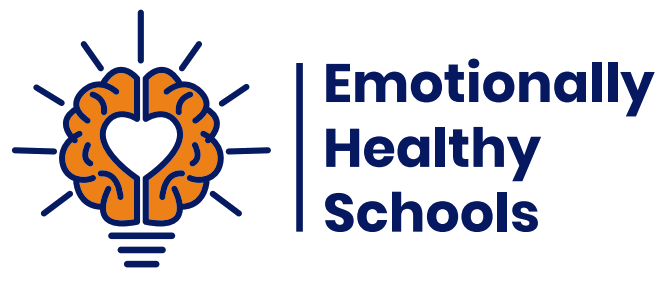Meta-cognition and self-regulation approaches (sometimes known as ‘learning to learn’ approaches) aim to help learners think about their own learning more explicitly. This is usually by teaching pupils specific strategies to set goals, and monitor and evaluate their own academic development.
Self-regulation means managing one’s own motivation towards learning. The intention is often to give pupils a repertoire of strategies to choose from during learning activities. Teaching meta-cognition, or any other metaskill, demands the deliberate deployment of two venerable and unfashionable teaching methods; scaffolding and modelling.
A few examples:
- The child who taught me how to spell rhythm ('Rhythm Helps Your Two Hips Move').
- The young person who says “I wrote it this way because …”
- The child who, until recently always crouched protectively over his work, now pushes his writing over and asks, “Is that how you spell it?"
- Or the young person who says, “Slow down, Miss! I can’t take it all in. Can you tell me bit by bit?”
How effective is it?
Meta-cognition and self-regulation approaches have consistently high levels of impact, with pupils making an average of eight months additional progress. The evidence indicates that teaching these strategies can be particularly effective for low achieving and older pupils.
These strategies are usually more effective when taught in collaborative groups so learners can support each other and make their thinking explicit through discussion.
As cited on the Education Endowment Foundation website.
